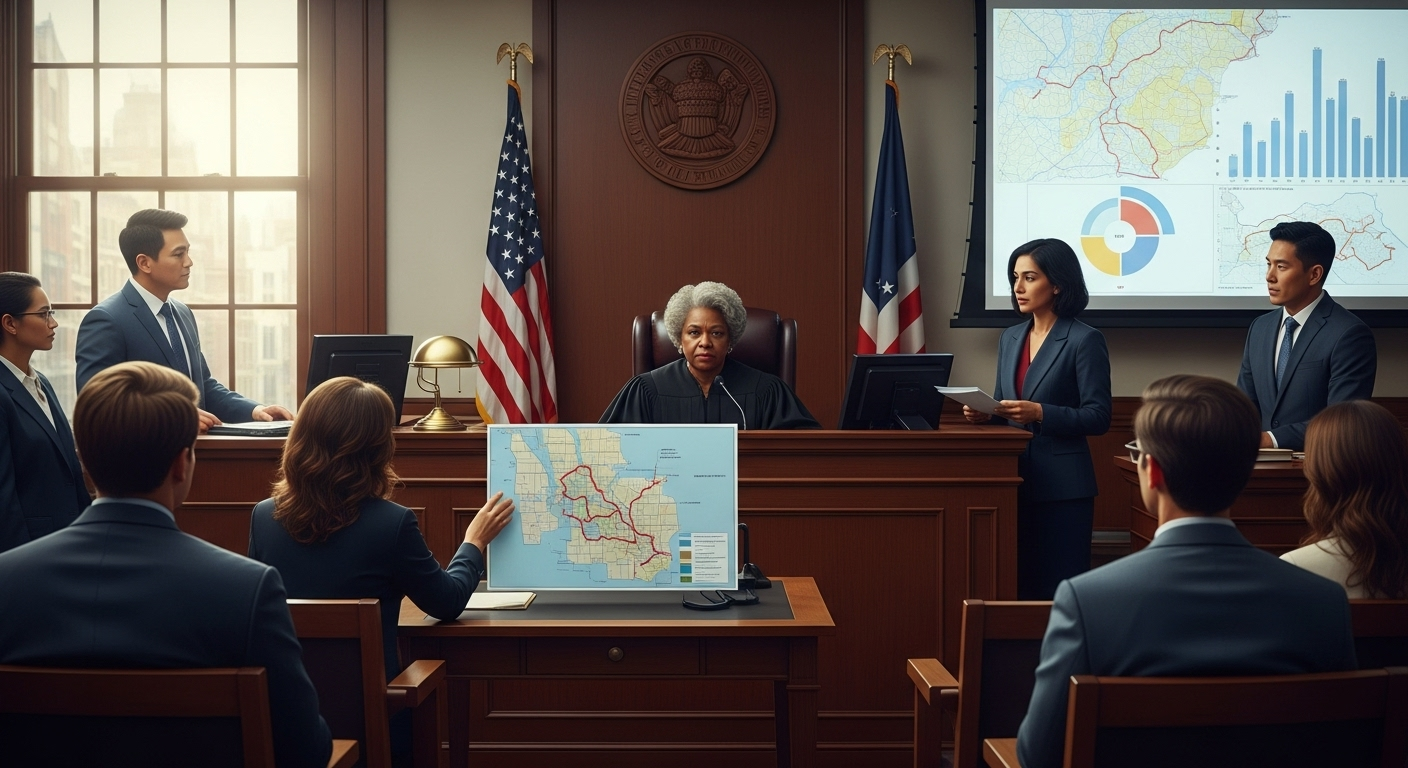Title: Jury Nullification: The Hidden Power in American Courtrooms
Introduction: In the realm of American jurisprudence, a little-known concept called jury nullification wields significant influence. This controversial practice allows jurors to acquit defendants based on their personal beliefs, even if the evidence clearly indicates guilt. Let's delve into the complexities of this legal phenomenon and its impact on the justice system.

The Legal Basis for Jury Nullification
While not explicitly stated in the Constitution, jury nullification is supported by several key legal principles. The concept is closely tied to the Sixth Amendment right to a jury trial and the Fifth Amendment protection against double jeopardy. Courts have consistently upheld the principle that juries cannot be punished for their verdicts, even if they appear to contradict the law or evidence. This protection allows jurors to vote their conscience without fear of repercussion.
Modern Applications of Jury Nullification
In contemporary times, jury nullification has been invoked in various contexts. It has been used to protest perceived injustices in drug laws, with some juries acquitting defendants in minor possession cases. During the Civil Rights era, all-white juries in the South sometimes used nullification to acquit white defendants accused of crimes against African Americans, highlighting the potential for abuse. More recently, advocates have called for jury nullification in cases involving non-violent offenses or outdated laws.
The Debate Surrounding Jury Nullification
The practice of jury nullification remains highly controversial within the legal community. Proponents argue that it serves as a crucial check on government power and allows for community standards to influence the application of laws. They contend that it can prevent the enforcement of unjust or outdated statutes and provide a mechanism for social change. Critics, however, warn that jury nullification undermines the rule of law and can lead to arbitrary or biased decision-making. They argue that it usurps the role of legislators and judges in determining and interpreting laws.
Jury Nullification and Judicial Response
Courts have generally taken a cautious approach to jury nullification. While recognizing its existence as a de facto power of juries, judges typically do not inform jurors of their ability to nullify. In fact, many courts explicitly instruct jurors that they must follow the law as explained by the judge, regardless of their personal opinions. Some jurisdictions have gone further, allowing the removal of jurors who express an intent to nullify. This tension between the power of jury nullification and the desire for consistent application of laws continues to shape courtroom dynamics.
The Future of Jury Nullification
As society grapples with evolving social norms and changing attitudes towards certain laws, the role of jury nullification remains a subject of ongoing debate. Some legal scholars advocate for more open acknowledgment of the practice, arguing that informed jurors can better fulfill their role as a check on government power. Others propose reforms to limit or eliminate jury nullification, seeking to ensure more predictable and uniform application of laws. The future of this practice will likely depend on shifting public attitudes and potential legislative or judicial actions addressing its use.
In conclusion, jury nullification represents a complex and often misunderstood aspect of the American legal system. Its existence reflects the tension between strict adherence to written law and the desire for justice as perceived by individual jurors. As the legal landscape continues to evolve, the debate surrounding jury nullification is likely to persist, challenging our understanding of the role of juries in the administration of justice.




